
What's in this article?
Stress can affect your whole body, including your skin, hair, and nails.
Your emotions have a powerful effect on your skin. Since stress is a part of life, what matters is how you handle it.
Can Stress Cause Hives?
Stress hives are indeed caused by too much stress, tension or anxiety in your life. When you expose your body to excessive stress, whether it be over a short period of time or a long period of time, your body’s immune system starts to falter. When your immune system is off kilter, it starts sending histamine into the body to fight off what is ailing you – stress. In essence, your body forms an allergic reaction to stress. Unfortunately, stress can not be eliminated with histamine, so instead, the histamine just causes hives to appear on your face, neck, chest and other parts of your body.
What are the different kinds of Hives?
Hives fall into two categories on the basis of the time they have been present: acute urticaria (ordinary hives, which resolve after six to eight weeks) and chronic urticaria (that continues longer than six to eight weeks). Since hives are so common and acute urticaria, by definition, resolves spontaneously, physicians do not generally expend much time or expense to evaluate the cause of hives of less than eight weeks’ duration.
What is the Best Way to Treat Hives?
The best treatment for hives is with an antihistamine. Antihistamines are usually given in pill or liquid form, and may need to be given in large or frequent doses to control the symptoms. Short courses of corticosteroids may be needed, and rarely, if the symptoms are severe, epinephrine shots can be used for immediate, but temporary, relief.
Older antihistamines, such as Benadryl (diphenhydramine) or ChlorTrimeton (chlorpheniramine), are considered to be too sedating for the routine treatment of urticaria. In addition, older antihistamines need to be taken multiple times a day, as their antihistamine effects are very short acting. Newer antihistamines, such as Claritin (loratadine), Allegra (fexofenadine) and Zyrtec (cetirizine), are better choices for the treatment of hives since these antihistamines are less sedating and generally work for 24 hours. Most newer antihistamines, with the exception of Clarinex (desloratadine) and Xyzal (levocetirizine), are available over-the-counter without a prescription.
When Should I Call the Doctor About Hives?
If hives or angioedema occur with any of the following symptoms, contact your doctor right away:
- Dizziness
- Wheezing
- Difficulty breathing
- Tightness in the chest
- Swelling of the tongue, lips, or face
Hives Pictures

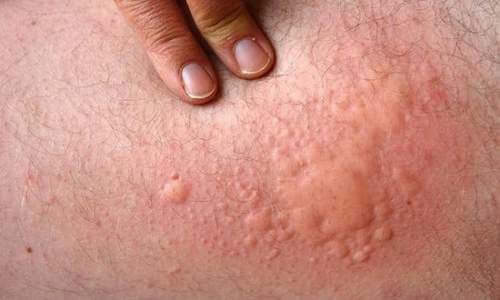





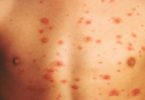
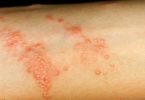
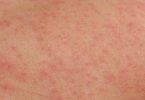
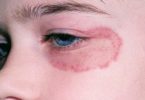
Leave a Comment